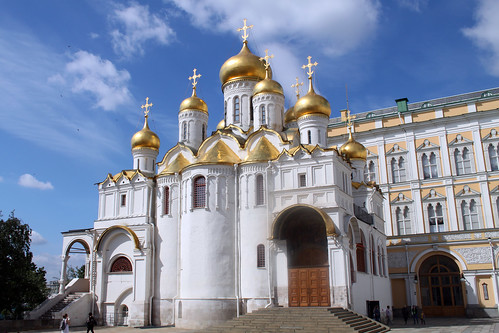Russia’s Navalny declared declared dead on 17th anniversary of key Putin speech
Russia #Russia

The announcement Friday that Russian opposition leader Alexei Navalny had died in prison coincided with the 17th anniversary of a speech President Vladimir Putin delivered in Munich — a lecture many Kremlin watchers see as a declaration of war on the West.
Was Navalny’s death in a Siberian prison timed to coincide with the pivotal address at a high-profile annual security conference? Not out of the realm of possibility, experts said.
“It’s possible,” Daniel Fried, a former U.S. ambassador to Poland who is now a fellow at the Atlantic Council, a Washington think tank, told NBC News. “The premise that the announcement of Navalny’s death, as world leaders gather in Munich, is a signal of Putin’s contempt of the West is a plausible one.”
Keir Giles, senior consulting fellow with the Russia and Eurasia program at Chatham House, a London-based think tank, echoed Fried.
Vladimir Putin during the 2007 Conference on Security Policy in Munich, Germany. (Johannes Simon / Getty Images file)
“If there’s any symbolism at all to the timing, it is simply an indication that Russia does not care,” Giles said. “Russia places no value on its international reputation. And this has been a distinguishing feature of Russian state behavior since the strategic change of gear in September 2021.”
That was when Putin, whose administration had already jailed Navalny, consolidated his power and neutralized the growing dissent in Russia by engineering an election victory that gave his United Russia Party total control of the Russian parliament.
The experts weighed-in as President Joe Biden on Friday placed the blame for Navalny’s death squarely on “Putin and this thugs.”
“Let’s be crystal clear about this,” former U.S. Ambassador to Russia Michael McFaul told NBC News’ Kristen Welker on Meet the Press NOW. “Putin killed Navalny. There should be consequences for Putin.”
Word of Navalny’s death came as his wife, Yulia Navalnaya, was about the speak at the same Munich conference where Putin, in 2007, warned against NATO expansion to the east.
In that 30-minute address, Putin also rejected the West’s attempts to include Russia in a new post-Cold War security structure and accused the U.S. of trying to create a world “in which there is one master, one sovereign.”
“And at the end of the day this is pernicious not only for all those within this system, but also for the sovereign itself because it destroys itself from within,” Putin said.
Putin, who was first elected in 2000 on the promise of making Russia great again, also refused to be lectured about democracy.
“Incidentally, Russia — we — are constantly being taught about democracy,” he said in 2007. “But for some reason those who teach us do not want to learn themselves.”
Putin’s admonitions were met with stone faces and tepid applause.
“I remember that speech and I remember that the reaction of the Bush administration, of which I was a part, was to downplay the speculation that this was a declaration of a new war against the West,” Fried said.
Subsequent administrations then also tried to keep Russia in the fold, even after Putin’s forces seized Crimea from Ukraine in 2014.
The final blow was when Russia invaded Ukraine in February 2022, Fried said.
Meanwhile, Putin’s paranoia grew even as he tightened his grip on power in Russia.
“The announcement of Navalny’s death triggered another thought, and that was that the anti-war candidate Boris Nadezhdin has been doing better than expected in the polls ahead of the March election that Putin is expected to win,” Fried said.
Nadezhdin, who has not yet weighed in on Navalny’s death, told NBC News in December he has no real chance of winning.
“It is a very strange election because there is no real choice,” Nadezhdin, a veteran politician and commentator, said at the time.
On Oct. 8, Russian authorities barred Nadezhdin from running.
This article was originally published on NBCNews.com